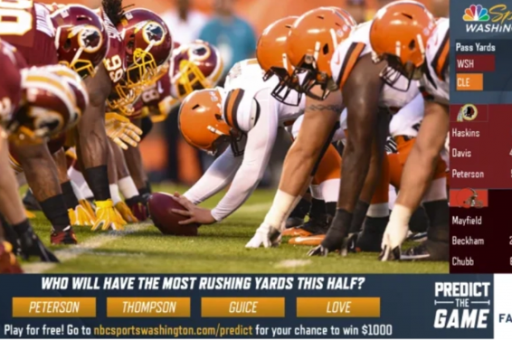Introduction:

The lottery industry in the United States is a massive operation that generates billions of dollars in revenue every year. Lotteries were introduced in the US as early as the 1600s, and today, they are operated by 44 states, the District of Columbia, Puerto Rico, and the US Virgin Islands. Each lottery system has its own unique rules and regulations, and the odds of winning vary. In this article, we will take a detailed look at the lottery industry in the United States, including the history, types of lotteries, regulations, and the largest lottery companies in the country.
1. History of Lotteries in the United States
1.1 Early Lotteries
The first recorded lottery in the US was in 1612 when King James I of England authorized a lottery to raise funds for the Jamestown settlement in Virginia. The proceeds from this lottery were used to establish a university in the colony. Later, during the 1700s, lotteries were used to finance public works projects, like the construction of roads, bridges, and other infrastructure.
1.2 Lotteries in the 20th Century
In the early 20th century, lotteries were banned in the US due to their association with corruption and fraud. However, in the 1960s, New Hampshire introduced the first modern state lottery, which served as a model for other states to follow. Lotteries became popular among states as a way to generate revenue without increasing taxes, and by the end of the 20th century, almost every state had its own lottery system.
2. Types of Lotteries in the United States
2.1 Scratch-Off Tickets
Scratch-off tickets are the most common type of lottery in the US. Players purchase tickets with a predetermined number of scratch-off spaces, and they scratch off the spaces to reveal if they have won a prize. The prizes can vary from small cash amounts to large jackpots.
2.2 Daily Games
Daily games, like Pick 3 and Pick 4, are also popular in the United States. Players select a set of numbers and if they match the numbers drawn, they win a prize. These games typically offer smaller prizes than scratch-off tickets or multi-state lotteries.
2.3 Multi-State Lotteries
Multi-state lotteries, like Powerball and Mega Millions, are offered by several states and have jackpots that can reach hundreds of millions of dollars. Players select a set of numbers and if they match the numbers drawn, they win the jackpot.
3. Regulations of the Lottery Industry in the United States
3.1 State Regulations
Each state has its own regulations for lottery systems, including how the revenue is used, the age at which individuals can purchase tickets, and the types of games that are offered. Some states have more strict regulations than others, and states may also have regulations that restrict advertising and marketing of lottery products.
3.2 Federal Regulations
The federal government regulates lotteries by enforcing laws that prohibit gambling across state lines and by overseeing the operations of multi-state lotteries. The U.S. Department of Justice also has authority over the lottery industry and works to ensure that lotteries are operating legally and ethically.
4. Largest Lottery Companies in the United States
4.1 Scientific Games
Scientific Games is one of the largest lottery companies in the US and provides products and services to lotteries in more than 50 countries. The company offers scratch-off tickets, lottery systems, and other products to lotteries across the US.
4.2 International Game Technology (IGT)
International Game Technology is another major player in the lottery industry and provides lottery products and services to lotteries in over 100 countries. The company offers a variety of lottery games, including scratch-off tickets and multi-state lotteries.
4.3 GTECH
GTECH is a major supplier of lottery products and services in the US and is the company behind the technology used in the Powerball and Mega Millions lotteries. GTECH provides lottery systems, scratch-off tickets, and other products to lotteries across the US.
The editor says: The lottery industry is a massive revenue generator in the United States and is regulated at the state and federal levels. Lotteries come in many different forms, including scratch-off tickets, daily games, and multi-state lotteries. Some of the largest lottery companies in the country include Scientific Games, International Game Technology (IGT), and GTECH.











No comments yet
Leave a comment